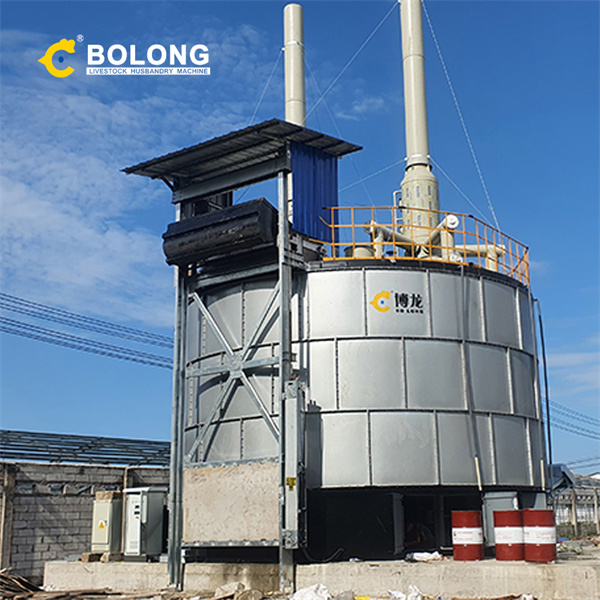
Jul 14, 2023 · Fermentation is one of nature's best tools and has very notable functions including the recycling of organic nutrients and assisting with the availability of phosphates for plants and animals. Fermen
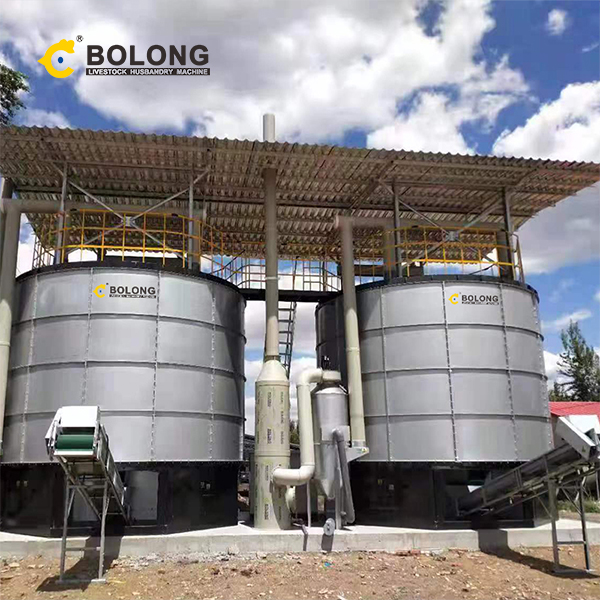
The Biostat STR ® Microbial, a single-use (SU) fermenter engineered for microbial applications, combines the advantages of SU with the performance of stainless-steel. It allows fast batch-to-batch turnover for high productivity and has a compact footprint.
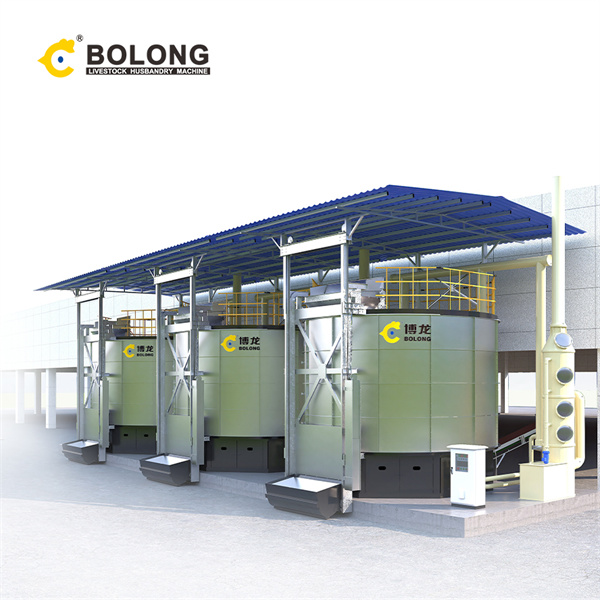
May 29, 2018 · Scientific Reports - Improved fermentation efficiency of S. cerevisiae by changing glycolytic metabolic pathways with plasma agitation. FEMS microbiology reviews 11, 339–355 (1993).
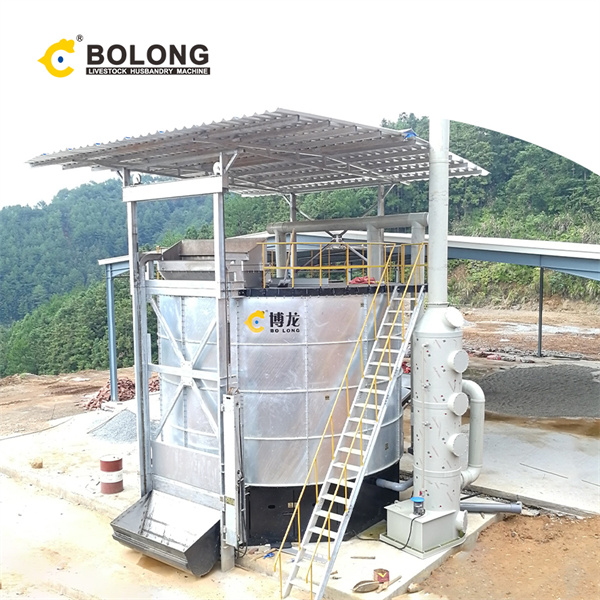
Mar 4, 2024 · In addition to its impact on the sensory properties of food, fermentation can significantly improve the nutritional value of food by introducing new pathways that produce vitamins and micronutrients. This is particularly important for vulnerable groups who may have limited food choices.
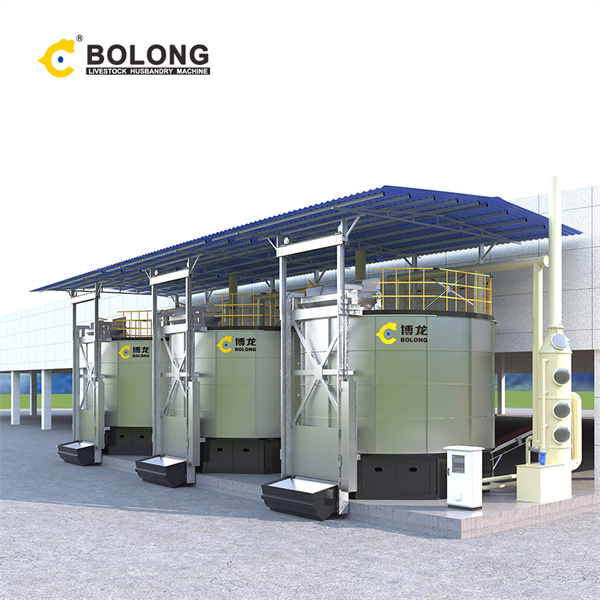
Jan 5, 2017 · For designing a production medium, the most suitable fermentation conditions (e.g., pH, temperature, agitation speed, etc.) and the appropriate medium components (e.g., carbon, nitrogen, etc.) must be identified and optimized accordingly.
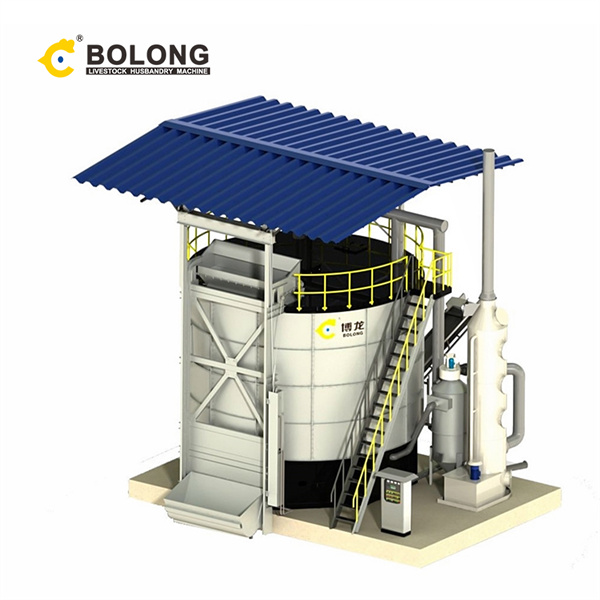
Several fermentation products are important commercially outside of the food industry. For example, chemical solvents such as acetone and butanol are produced during acetone-butanol-ethanol fermentation. Complex organic pharmaceutical compounds used in antibiotics (e.g., penicillin), vaccines, and vitamins are produced through mixed acid

Jun 1, 2018 · Scale-up of large industrial processes is preferably done in two stages if there is a high degree of novelty in the process and/or the commercial product. The first stage is a pilot plant (pilot scale) with 100–10,000 L fermentors and matched downstream equipment.
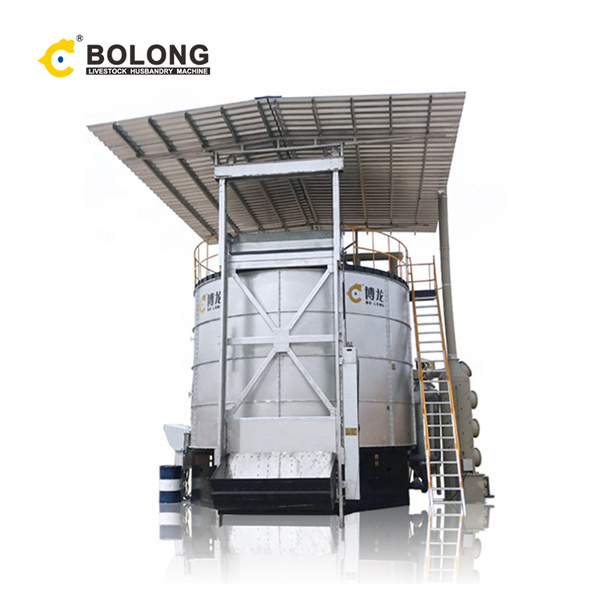
ABSTRACT Chromosomal integration of heterologous metabolic pathways is optimal for industrially relevant fermentation, as plasmid-based fermentation causes extra metabolic burden and genetic instabilities. In this work, chromosomal integration was
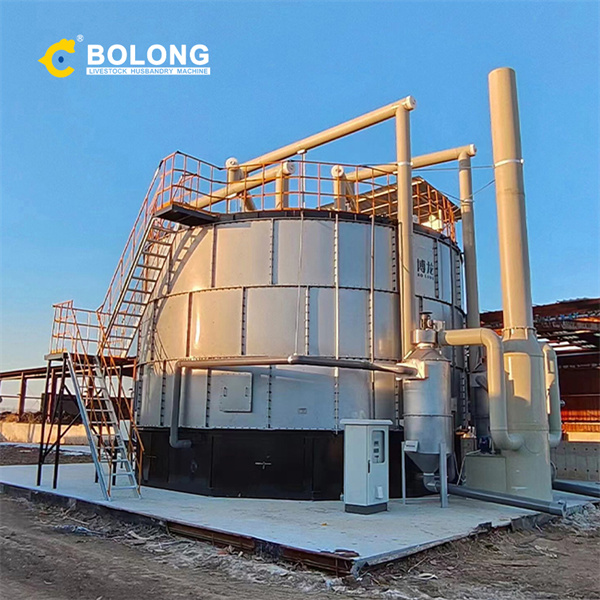
Microbial Biosynthesis: A Repertory of Vital Natural Products. Shadia M. Abdel-Aziz, Amany A.H. Anise, in Food Biosynthesis, 2017 6 Industrial Microbiology. Industrial Microbiology is a branch of applied microbiology in which microorganisms are used for the production of important substances, such as antibiotics, food products, enzymes, amino acids, vaccines, and fine chemicals.
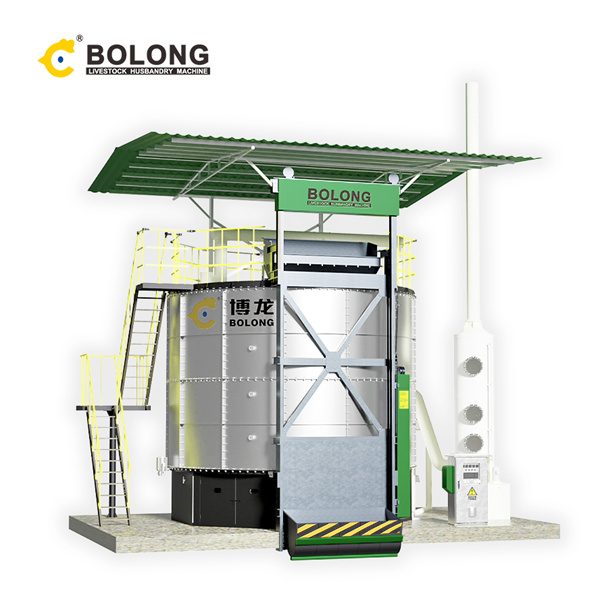
Nov 6, 2020 · Fermentation processes in foods often lead to changes in nutritional and biochemical quality relative to the starting ingredients. Fermented foods comprise very complex ecosystems consisting of enzymes from raw ingredients that interact with the fermenting microorganisms’ metabolic activities. Fermenting microorganisms provide a unique approach towards food stability via physical and

Microbial fermentation processes have been manipulated by humans and are used extensively in the production of various foods and other commercial products, including pharmaceuticals. Microbial fermentation can also be useful for identifying microbes for diagnostic purposes.
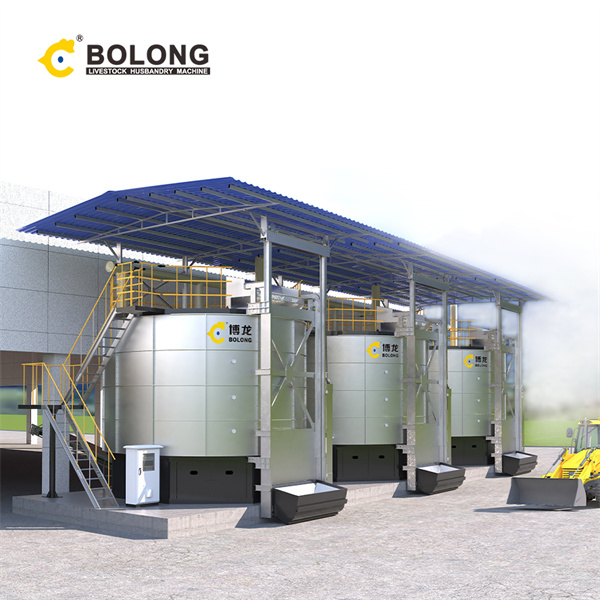
Jan 1, 2022 · Optimum fermentation efficiency for ethanolic fermentation of lignocellulosic hydrolysates using S. cerevisiae can be obtained using 33.2°C and pH 5.3. 4.4.1.2. Kluyeromyces marxians. Kluyeromyces marxians has been getting importance in the ethanol industry. It doubles the amount of ethanol generated from molasses or any other sugar-containing
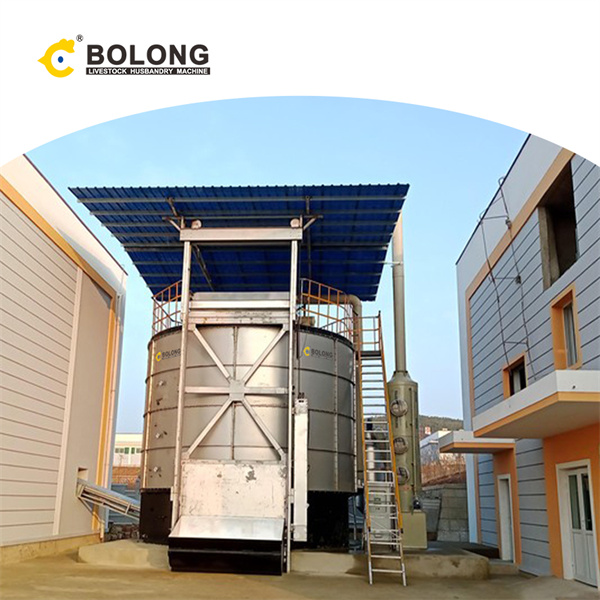
Apr 12, 2024 · The β-carotene production through microbial fermentation has become a promising alternative owing to its high efficiency and environmental friendliness. With the rapid development of synthetic biology and in-depth study on the synthesis pathway of β-carotene, microbial fermentation has shown promising applications in the β-carotene synthesis.
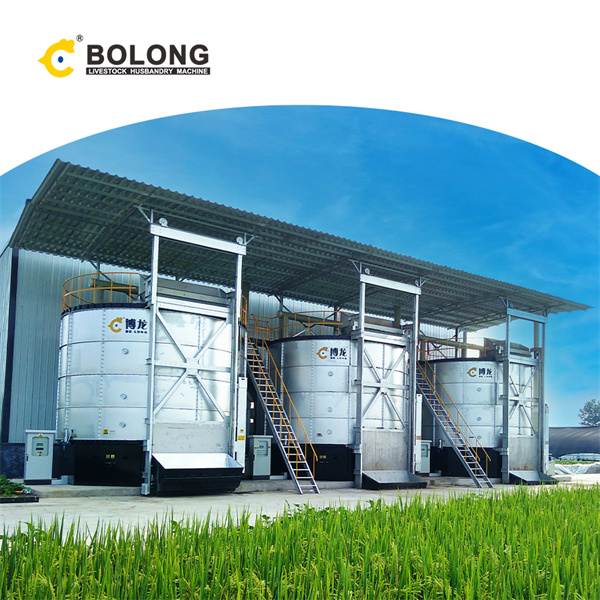
2.Fermentation Process. 3.Fermentation techniques. 4.Application of Fermentation Technology 4.1 Beer production process. 4.2 Production of Xanthan gum 5.Advantages of Fermentation. 6.Disadvantages of fermentation . 1. Introduction. Fermentation word is derived from Latin verb “fervere” which means to boil.

Industrial fermentation is the intentional use of fermentation in manufacturing processes. In addition to the mass production of fermented foods and drinks, industrial fermentation has widespread applications in chemical industry. Commodity chemicals, such as acetic acid, citric acid, and ethanol are made by fermentation. [1]